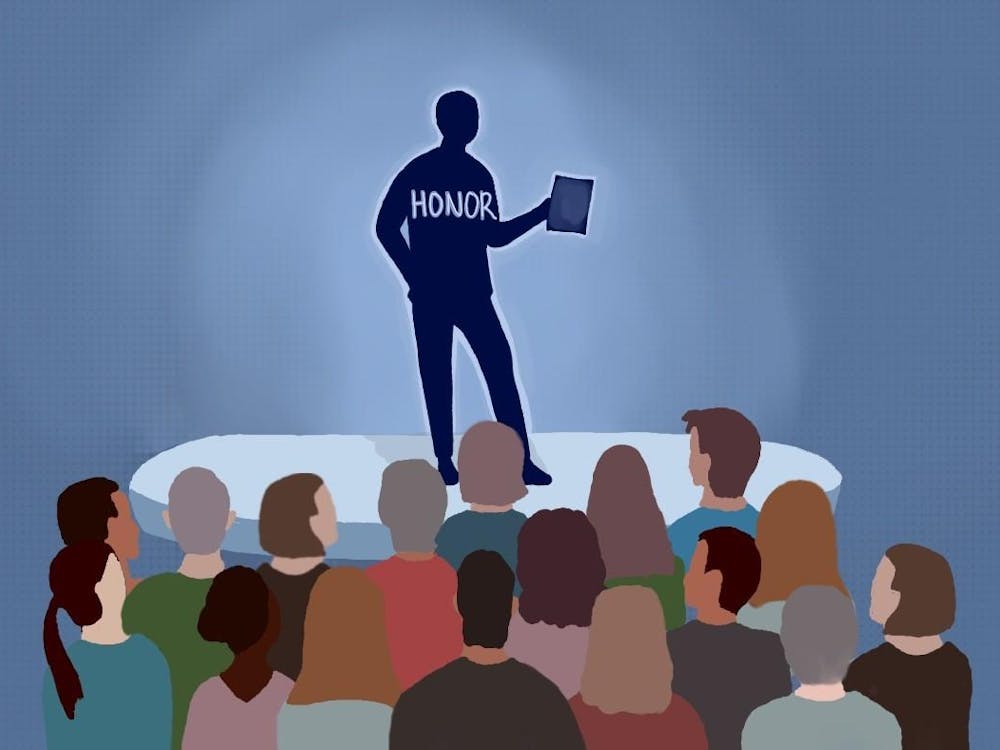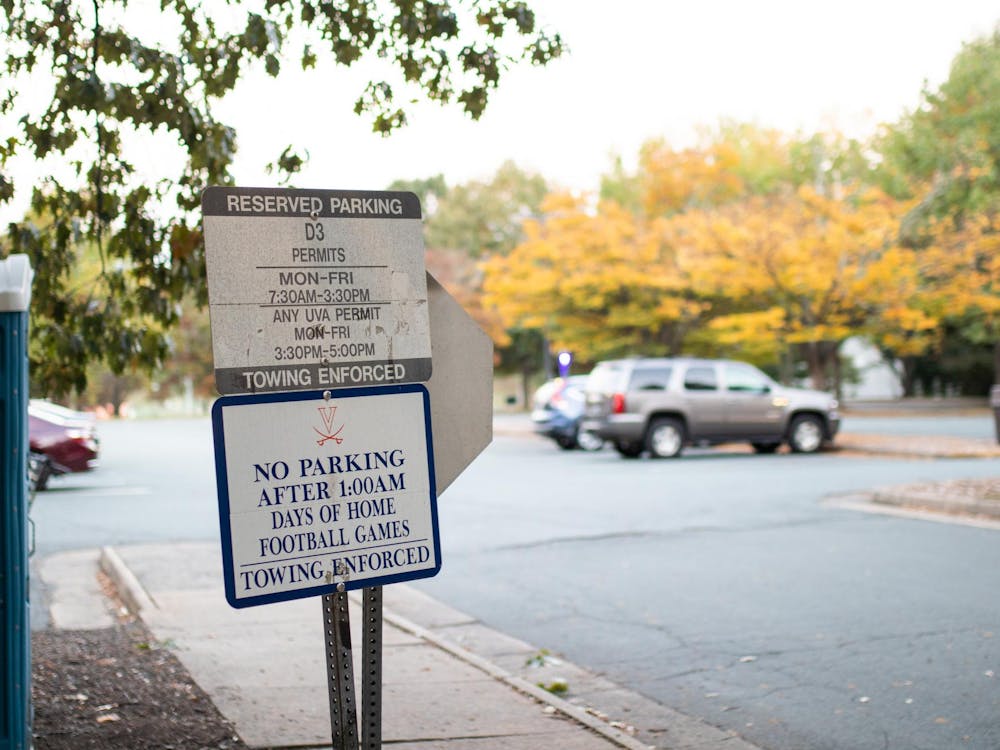Over the past weekend, “American Sniper” shattered Hollywood records in a month when studios usually unload their worst movies to die. Pulling in $105 million so far at the box office, it’s clear that Clint Eastwood’s most recent project has tapped into something deep within the American psyche and its feelings about our ill-fated wars. Movies are rarely if ever solely meaningless entertainment, and the remarkable success of the film forces us to ponder the reasons behind Americans embracing the story of “the most lethal sniper in U.S. military history.” Whatever the cinematic merits of the film (and most critics seem to think they are considerable), we should see American Sniper for what is: a disturbing sign of militarism on the rise and a heralding of ascendant right-wing politics.
More than anything else, critic A.O. Scott at the New York Times sees the film as an “expression of nostalgia” for George W. Bush’s foreign policy of righteous American good guys versus Bush’s infamous “evil-doers.” Rather than casting soldier Chris Kyle’s suffering as the awful products of sociopolitical forces that led the country into a senseless $2 trillion conflict that left hundreds of thousands dead, Eastwood frames Kyle’s struggles as those of a patriot attempting to reconcile a love of country with a love of family. The real Chris Kyle, in fact, described himself as “hat[ing] the damn savages,” expressed his desire to “shoot people with Korans,” and saw himself as waging a one-man war on crime in a religious crusade soaked in hyper-masculinity. According to The Economist, a close read of the Kyle’s autobiography raises the possibility that the directors and writers softened a man who may well have been a “sociopathic monster.” Eastwood makes some gestures at showing the pain of PTSD that afflicts numerous veterans returning home from incredibly long and psychologically brutal tours of duty, but overall the film’s hushed reverence of Kyle and by extension of the war in which he participates conceals the Iraq War’s humanitarian catastrophe rather than exploring the horrific moral and political reasoning that gave birth to it.
In response to criticism from the likes of Seth Rogen, who compared the film to Nazi propaganda, lead actor Bradley Cooper has put forward the self-evidently absurd claim that American Sniper is “not a movie about the Iraq War” and has denied that the film is political at all. With these statements, The Intercept’s Peter Maass points out Bradley Cooper “fails to understand how war movies operate in popular culture.” In the late 70s, as Americans were processing the devastation of Vietnam, movies like Apocalypse Now (1979) and The Deer Hunter (1978) seized the zeitgeist while grappling with the imperialist horror of what had unfolded a few years prior. With the movie First Blood (1982), however, Hollywood began transitioning to producing increasingly jingoistic films like Red Dawn (1984) and Top Gun (1986). These films offered a huge cinematic assist to the Reagan-Bush militaristic agenda, which would eventually reach its apotheosis with the Iraq War under a different Bush administration. Art and life are in a constant cycle of imitating each other, and as much as Eastwood and Cooper attempt to blithely ignore this, they can’t get away from the real power they wield over the millions of people (and counting) who saw American Sniper last weekend.
So why does this movie matter so much right now? With Jeb Bush gearing up to run for president, we are the midst of a well-orchestrated but subtle campaign to whitewash the disaster that was the George W. Bush administration. This administration included a domestic policy wholly dedicated to transferring wealth upward, degrading the environment, and making life harder for marginalized social groups, with the whole debacle ending in financial crisis. American Sniper reimagines the era as a time of patriotic valor and great heroes who, while tested and scarred by what they experienced, proved themselves by triumphing over the forces of evil. Just as we are rightly told not to forget the devastation of 9/11, we should not forget the madness of the Iraq War and the policies that surrounded it.
It may well be that as a collegiate liberal arts student, I’m out of touch with Sarah Palin’s “real America” that has embraced American Sniper. I also don’t want to denigrate the soldiers who made enormous sacrifices in battle only to be frustrated by bureaucracy and unemployment back home. That said, when conservatives like National Review writer David French praise Eastwood for “reach[ing] a great nation with a story it needed to hear” by “describing the true nature of the enemy,” and “giving...young boys a warrior-hero…to emulate,” it should give those of us concerned about protecting our country’s higher impulses from diluted fascism pause. In 2015 America, television hosts are calling for mass murder, conservative politicians are peddling Cheney-style narratives of civilizational conflict, and Americans are being told that they will “all get killed here at home” if they don’t support endless war in the Middle East. Combined with historic Republican gains in the 2014 elections, a law and order backlash to piecemeal criminal justice reform, and of course the historic success of American Sniper, the left and center underestimate the right at their peril. American Sniper may be a great cinematic achievement, but as a sign of where the country is headed next, it is deeply troubling.
Gray Whisnant is an Opinion Columnist for The Cavalier Daily. He can be reached at g.whisnant@cavalierdaily.com.






